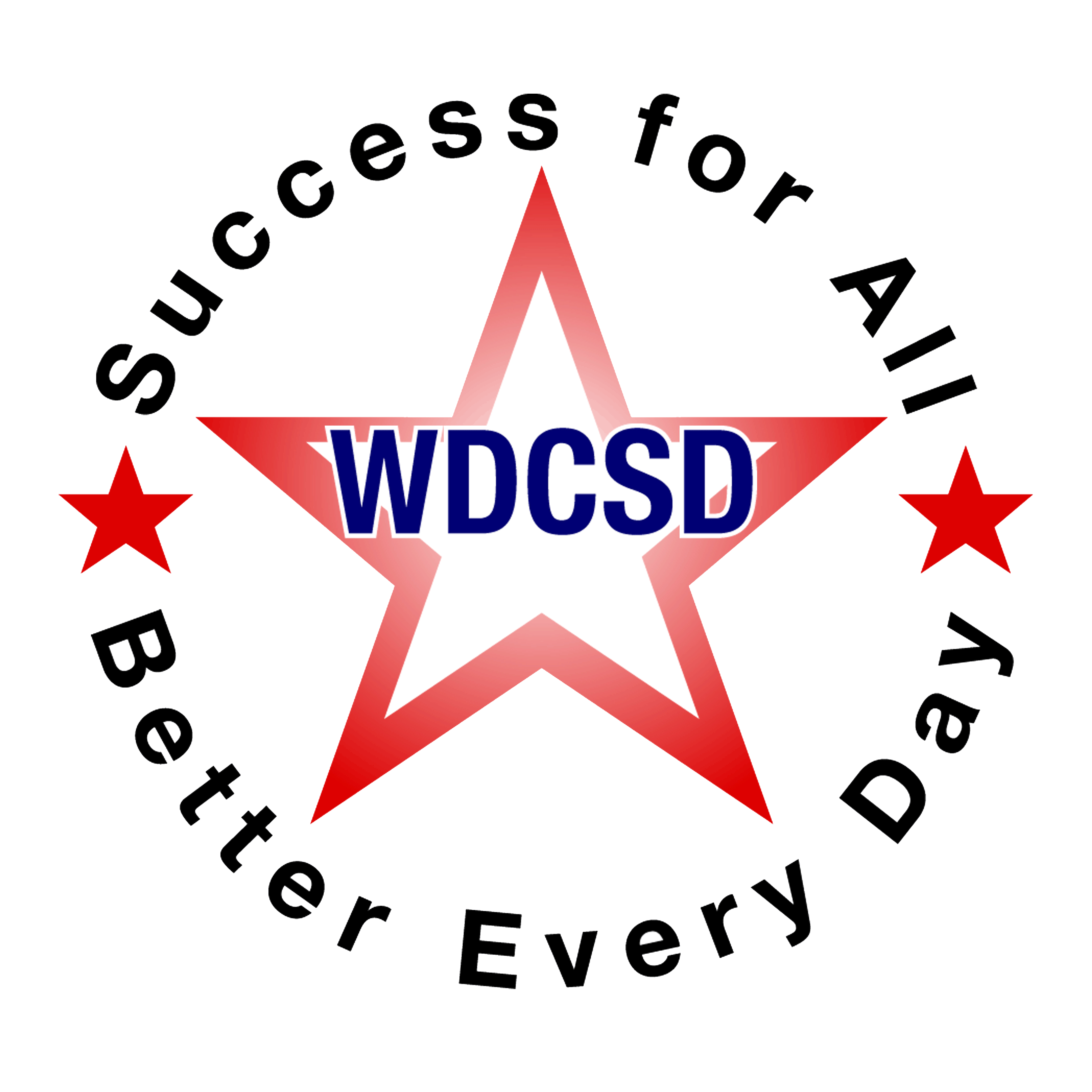Digital Citizenship
"Digital citizenship is the use of any technology in an appropriate, respectful, and responsible manner." (James Roberts)
For upper elementary, middle school, and high school students.
What is "Digital Citizenship?
What is a "Digital Footprint?
For elementary students.
Talk about this video with the students. What did they learn? What should they be aware of when using technologies?
Talk about this video with the students. Are the students good digital citizens? Do they know anybody who is not a good digital citizen (no names, please)? What can they do to be a good digital citizen?
"A digital footprint is the trail we leave behind whenever we visit a website, send a message, place a phone call, or connect with anybody through electronic means." (James Roberts)
Watch the following videos. After you have watched them, have the students share their answers to the following questions:
-
Have you ever visited a website that you would be embarrassed to talk about with a parent or teacher?
-
Do you think you have a good digital footprint? Why or why not?
-
How could the sites you have visited, the posts you have made, or the messages you have sent come back to haunt you in the future?
-
What are some possible things you could do to help yourself have a good digital footprint?

Be a good digital citizen
Be a good digital citizen
Be a good digital citizen
Be a good digital citizen

Be a good digital citizen
Be a good digital citizen
Be a good digital citizen
Be a good digital citizen
Etiquette
"Etiquette is the postive behavior you use when interacting with others." (James Roberts)
For elementary students.
Watch the following video and follow the instructions given to you. When finished, discuss the following:
-
Is it appropriate to call someone a bad name in a text message? Why or why not?
-
You don't have anything to worry about when you use bad manners when you are online. Is this true? Why or why not?
-
It doesn't matter what anyone else thinks about me. I can do anything I want. Is this true? Why or why not?
For high school and middle school students.
Watch the following video. When finished, discuss the following:
-
Have you ever sent a message you wish you could take back?
-
Have you or a friend ever received an inappropriate message or photo? If you did, what did you do about it?
-
How can you prevent sending a message or photo that is nasty or mean?
-
How can a message or photo you send today hurt you in the future?

Be a good digital citizen
Be a good digital citizen
Be a good digital citizen
Be a good digital citizen
Resources: Digital Literacy and Citizenship Alignment Charts (from https://www.commonsensemedia.org/educators/classroom-curriculum/alignment * Common Sense Education)
National Educational Technology Standards (NET-S) and Performance Indicators for Students
American Association of School Librarians

Be a good digital citizen
Be a good digital citizen
Be a good digital citizen
Be a good digital citizen
Who cares?
"When you don't think it matters to anyone else." (James Roberts)
For upper elementary, middle school, and high school
Watch the following video. When finished, discuss the following:
-
Are you being watched?
-
Can you truly be anonymous when using online technologies?
-
Does there need to be a living person looking at your data in order to gather information about you? Explain how you arrived at your conclusion.
Is digital privacy at an end?
"The end means that you can no longer move forward or there is no way to escape." (James Roberts)
For upper elementary, middle school, and high school
Watch the following video. When finished, discuss the following:
-
Does it matter to you that you may have no digital privacy? Why or why not?
-
What can be the worst thing that can happen to you if you do not have digital privacy?
-
Do you think there should be "online laws" to protect you or is it too late? Explain.
